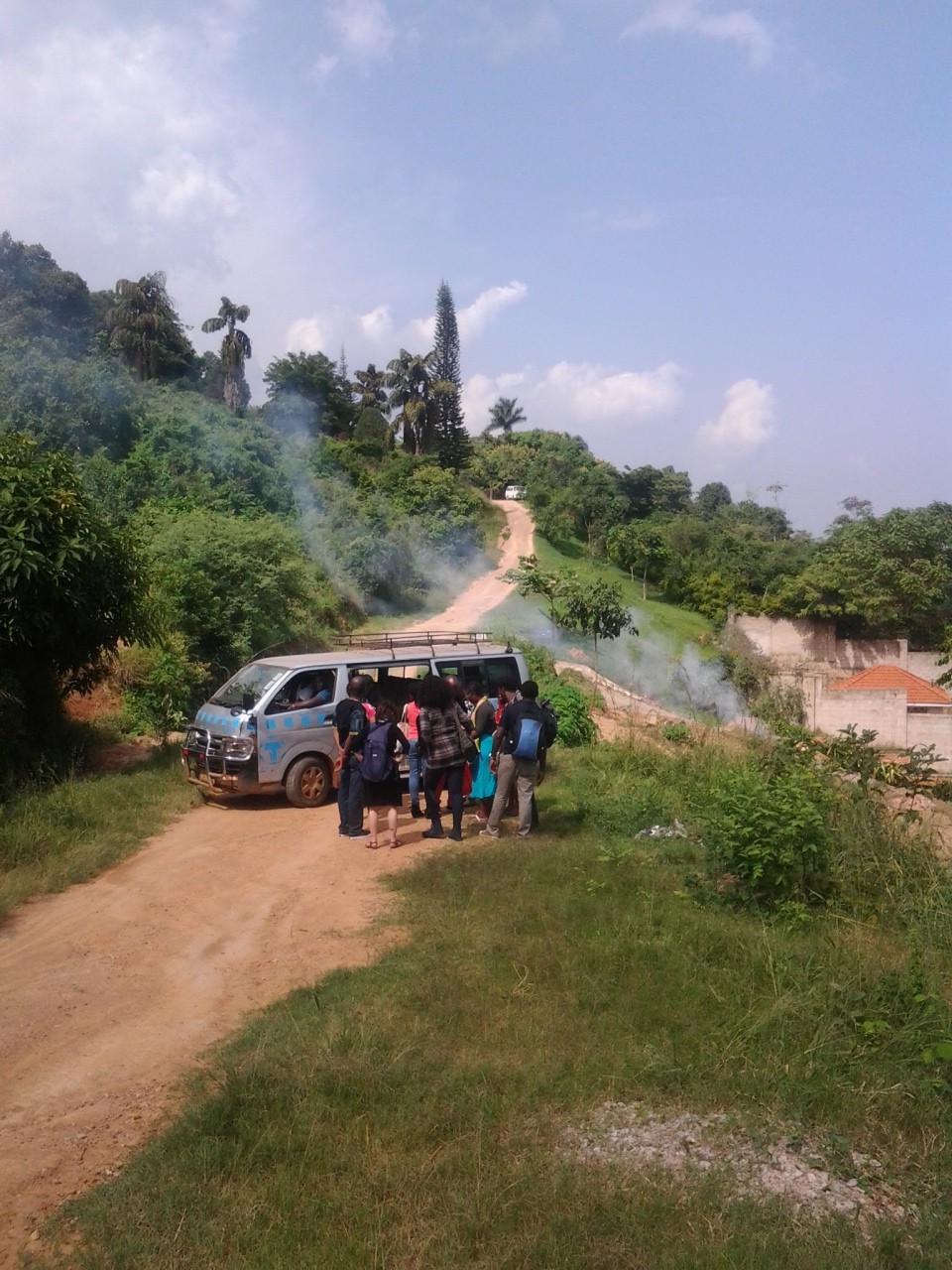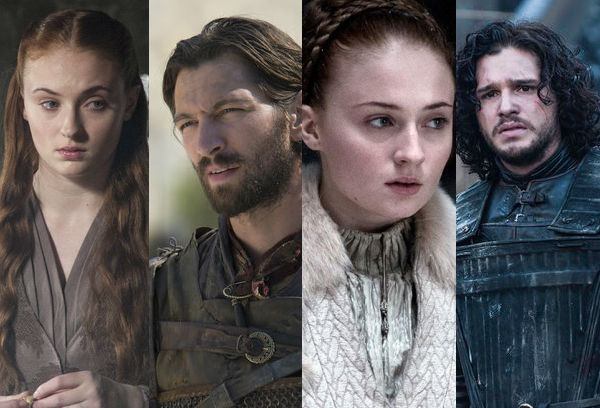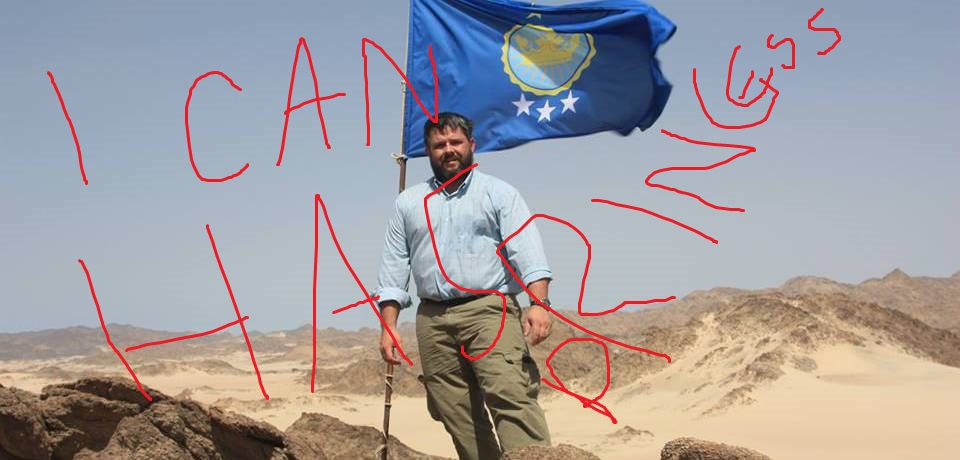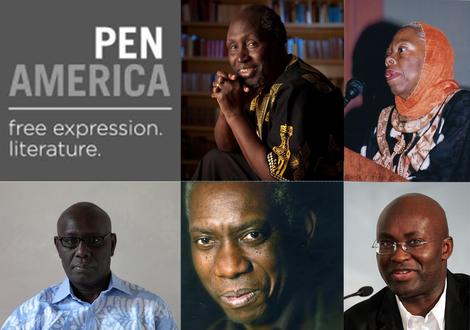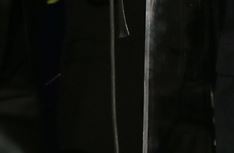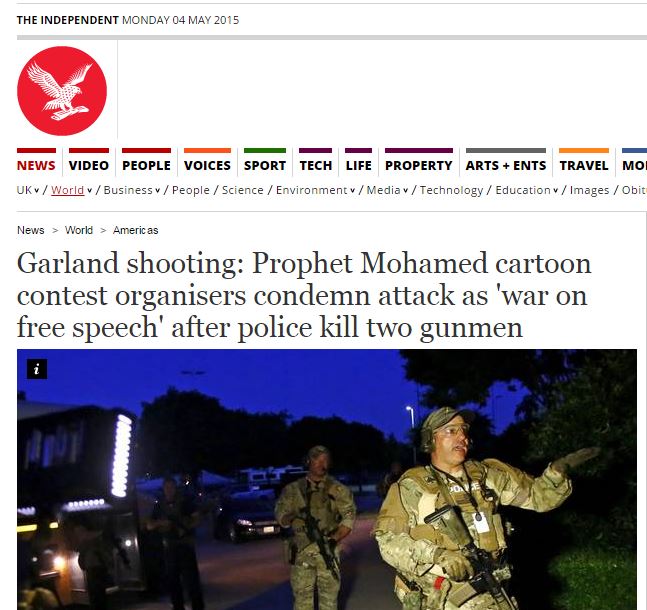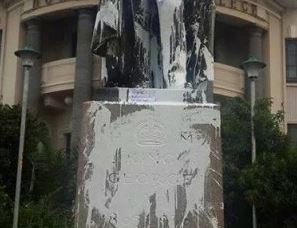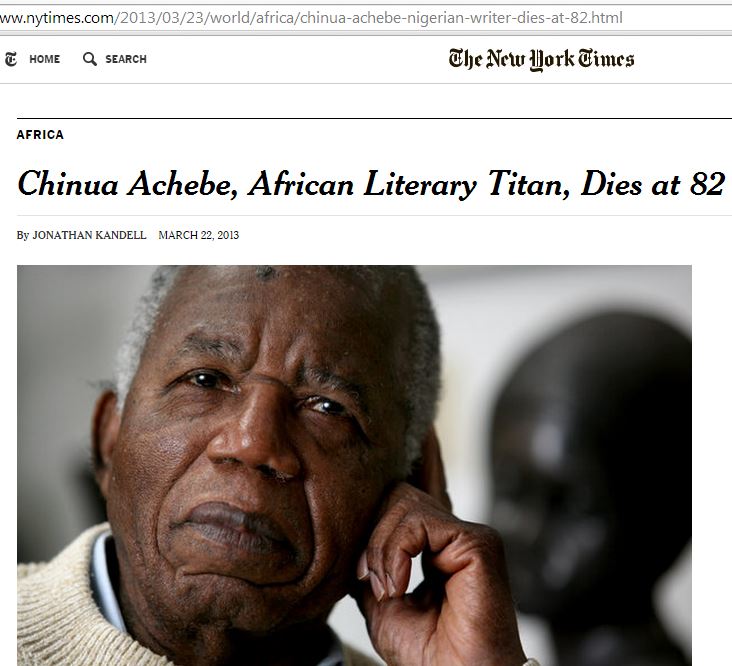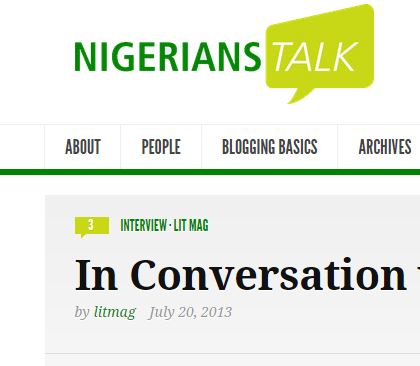"A sort of post-colonial studies joke": Kamel Daoud's The Meursault Investigation
Do you need to read Camus before you read Kamel Daoud?
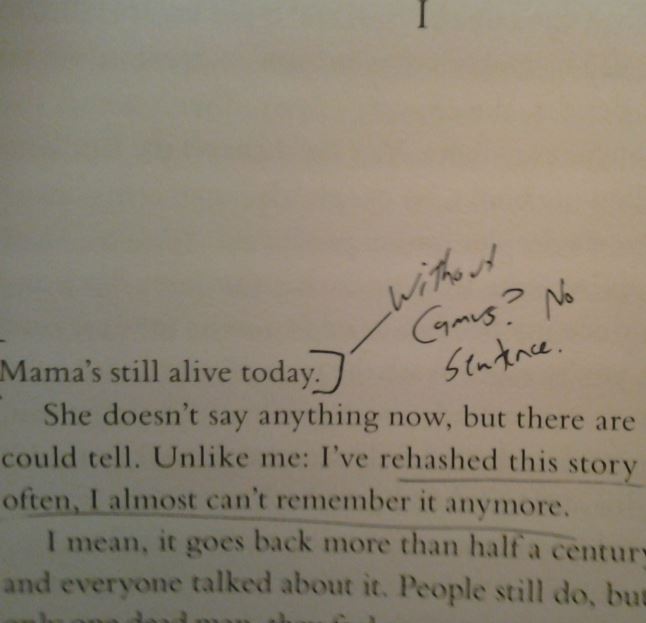
Do you need to read Camus before you read Kamel Daoud’s The Meursault Investigation? If you read The Stranger ten years ago, twenty years ago, do you need to re-read it? I had a Camus phase, in adolescence. I read The Stranger—and even bought L’etranger, with the ambition of using it to improve my French—as well as The Plague, The Fall, and others whose titles I don’t remember. I know that I read them, because while I bought those books new, they looked used when I gave them away. But books I read when I was a teenager didn’t stay in my brain, or at least these haven’t. Of The Stranger, I remember that mother died today, and ennui, and existentialism, I guess. Smoking. Killing an Arab because of the sun. The last time I thought about The Stranger was… Read More...

